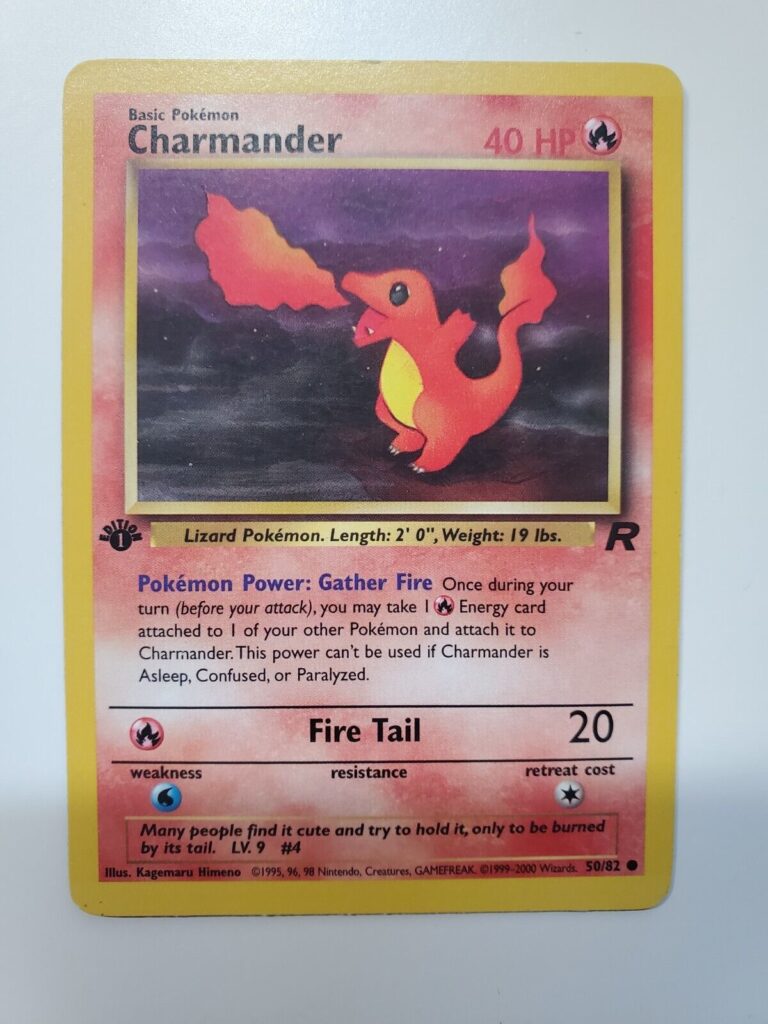Selling Pokémon cards can be an exciting venture, especially with the resurgence of interest in the Pokémon TCG in recent years. To help you navigate the process, here is an ultimate guide to selling Pokémon cards:
- Organize and Assess Your Collection: Begin by organizing your Pokémon cards. Sort them by set, rarity, condition, and value. You can use online resources, such as Pokémon card databases or pricing guides, to determine the approximate value of your cards. Pay special attention to cards that are highly sought after or have unique features like holographic foils.
- Determine Your Selling Strategy: Consider the different selling options available to you. Some common methods include selling through online marketplaces, auction platforms, local card shops, or directly to other collectors. Each option has its pros and cons, so choose the one that aligns best with your goals and preferences.
- Research Current Market Prices: Before setting prices for your Pokémon cards, research the current market prices. Online marketplaces like eBay, TCGPlayer, or Pokémon-specific forums can provide insight into what similar cards are selling for. Be realistic about your expectations, as not all cards will command high prices.
- Grade Your Cards (Optional): Professional grading can significantly increase the value and desirability of your Pokémon cards. Services like PSA or Beckett offer grading options. Graded cards are encapsulated in protective cases with an assigned grade based on their condition. Keep in mind that grading can be costly and may not be necessary for all cards.
- Take High-Quality Photos: When selling online, high-quality photos are crucial. Use good lighting and a clean background to showcase the cards accurately. Include close-ups of any noteworthy features or imperfections. Transparent card sleeves and top loaders can help protect the cards while photographing them.
- Write Detailed Descriptions: Provide accurate and detailed descriptions of the Pokémon cards you’re selling. Include relevant information like the set, card number, condition, rarity, and any special attributes. Be transparent about the condition, mentioning any flaws or damage. Honesty builds trust with potential buyers.
- Choose a Selling Platform: Select a platform that suits your selling strategy. Popular online marketplaces include eBay, TCGPlayer, and Facebook Marketplace. Auction platforms like Heritage Auctions or Catawiki can be viable options for higher-value cards. Local card shops or Pokémon card conventions may also be worth exploring.
- Set Your Prices: Based on your research, set reasonable prices for your Pokémon cards. Consider starting with a competitive price to attract potential buyers. You can also utilize auction formats to let the market determine the final price. Take into account the fees associated with the selling platform you choose.
- List Your Cards: Create well-crafted listings for your Pokémon cards. Include all the relevant information and use the high-quality photos you took. Pay attention to the listing’s title and description, as they play a vital role in attracting potential buyers. Optimize your listing with relevant keywords to improve discoverability.
- Promote Your Listings: If you’re selling on online marketplaces, consider promoting your listings through social media platforms, Pokémon-related groups, or forums. Engaging with the Pokémon card community can help increase visibility and attract potential buyers. Be respectful of each platform’s rules regarding self-promotion.
- Communicate with Potential Buyers: Respond promptly and professionally to inquiries from potential buyers. Be prepared to answer questions about the condition, authenticity, and shipping details of your Pokémon cards. Clear communication and transparency can help build trust and secure a sale.
- Pack and Ship Securely: Once a sale is made, carefully package the Pokémon cards to ensure they are protected during transit. Use top loaders, sleeves, and bubble mailers or sturdy boxes. Consider using tracking services and insurance for higher-value cards. Provide the buyer with tracking information for peace of mind.
- Follow Up and Request Feedback: After the sale, follow up with the buyer to confirm the safe arrival of the Pokémon cards. Request feedback or reviews, as positive feedback can enhance your reputation as a seller. Building a good reputation can increase your chances of future sales.
Remember that the Pokémon card market can be volatile, and prices can fluctuate. It’s essential to stay informed about trends and changes in the market. Continually educating yourself about the evolving Pokémon TCG landscape will help you make informed decisions and optimize your selling strategies.
You can sell your Pokémon cards through various platforms, both online and offline. Here are some popular options:
- Online marketplaces: Websites such as eBay, Etsy, and Amazon allow you to list and sell your Pokémon cards to a wide audience. These platforms provide a convenient way to reach potential buyers globally.
- Pokémon trading card marketplaces: There are dedicated online marketplaces specifically designed for buying and selling Pokémon cards. Examples include TCGPlayer, Troll and Toad, and Cardmarket (popular in Europe). These platforms cater specifically to trading card enthusiasts and offer a focused marketplace for Pokémon cards.
- Social media groups and forums: Online communities and forums centered around Pokémon card trading and collecting, such as Reddit’s r/pkmntcgtrades, Facebook groups, or specialized Pokémon forums, can be great places to connect with potential buyers.
- Local card shops and game stores: Check if there are any local card shops or game stores in your area that buy Pokémon cards. These stores often purchase cards from individuals and may offer cash or store credit in exchange.
- Trading card conventions and events: Attend Pokémon card conventions, gaming expos, or local trading events in your region. These events often have dedicated areas where you can buy, sell, and trade Pokémon cards with other enthusiasts.
Remember to research the market value of your Pokémon cards before selling them to ensure you’re getting a fair price. Factors such as card condition, rarity, and demand can influence the value. It’s also important to consider fees, shipping costs, and any seller protection policies when choosing a selling platform.
